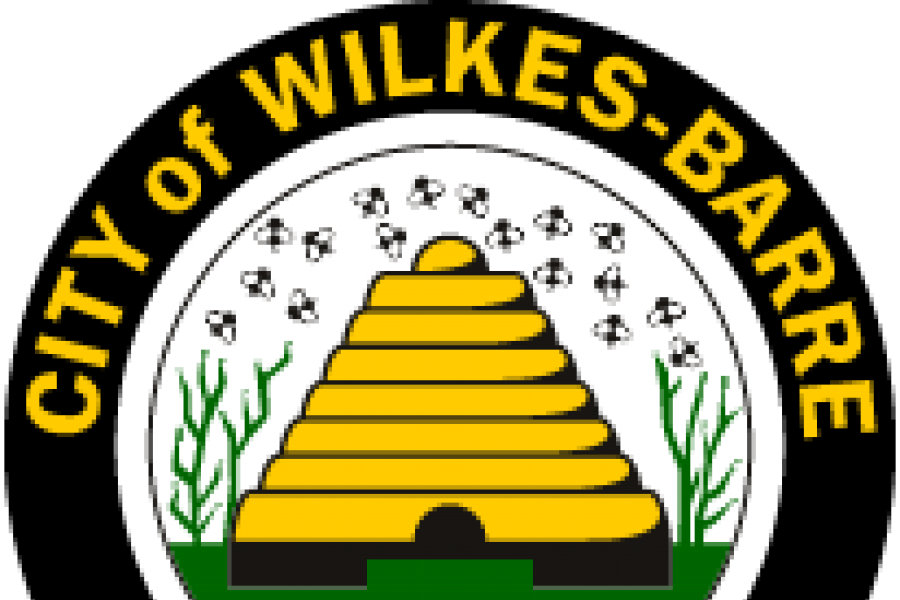In a unanimous vote, Wilkes-Barre City Council enacted LGBT-nondiscrimination protections and established a human relations commission to hear complaints from a variety of protected classes.
The law goes into effect Sept. 25, 10 days after the Sept. 15 meeting.
“I’ve been on council nine months, and this is my proudest moment so far,” said Councilwoman Beth Gilbert, who introduced the nondiscrimination law as one of her top priorities. She said people had come to city administrators to report LGBT bias, but nothing could be done to address it.
“This will provide some legal recourse,” Gilbert said. “They will have their time to be heard in front of a human relations commission.”
Wilkes-Barre originally created a commission in the 1980s, but no one was appointed to the board. This month’s new law scraps the old body in favor of a new one that will recruit seven to 15 volunteer members from the city. Gilbert said the commission and its open positions will be advertised on the Wilkes-Barre website.
Ted Martin, executive director of Equality Pennsylvania, attended the meeting and noted, “One of the primary responsibilities of a human relations commission is to educate the public and bring people together.”
“Wouldn’t you rather have people talk than go to court? Wouldn’t you rather have local people solve local problems?”
Six people spoke about the law, largely with favorable comments.
One resident wanted the city to make sure it couldn’t be sued for infringing on religious liberty, while another asked if people formerly convicted of crimes could be added to the nondiscrimination law.
Council said it would look into the matters.
“It was heartening that there were no ideological arguments against it,” said Tara Stark of the Pennsylvania Youth Congress. “People had questions about details.”
Wilkes-Barre resident Dee Culp initially approached Gilbert and Councilman Tony Brooks, who is gay, about the nondiscrimination law when the two council members were running for their seats last fall. She said she felt accomplished after the law passed.
“It took a few months, but we got it,” Culp said.
The journey of Wilkes-Barre’s nondiscrimination law this year is a far cry from what happened when council deliberated it 22 years ago.
Brooks recalled the vote was 1-6 against protecting the LGBT community in 1994, even after his mother had lobbied for the bill. Brooks was also involved in LGBT-inclusive efforts in Philadelphia in 1997 while on the staff of Thacher Longstreth, the late Republican Philadelphia City Councilman. Longstreth supported domestic partnership benefits in Philadelphia at Brooks’ urging.
Of Wilkes-Barre’s vote for LGBT protections, Brooks said, “What we did tonight is a confirmation of our great American values.”
Council also voted to send a resolution to the state legislature encouraging lawmakers to pass LGBT nondiscrimination protections across the commonwealth. Wilkes-Barre became the 37th municipality in Pennsylvania to pass an LGBT-inclusive nondiscrimination law.
